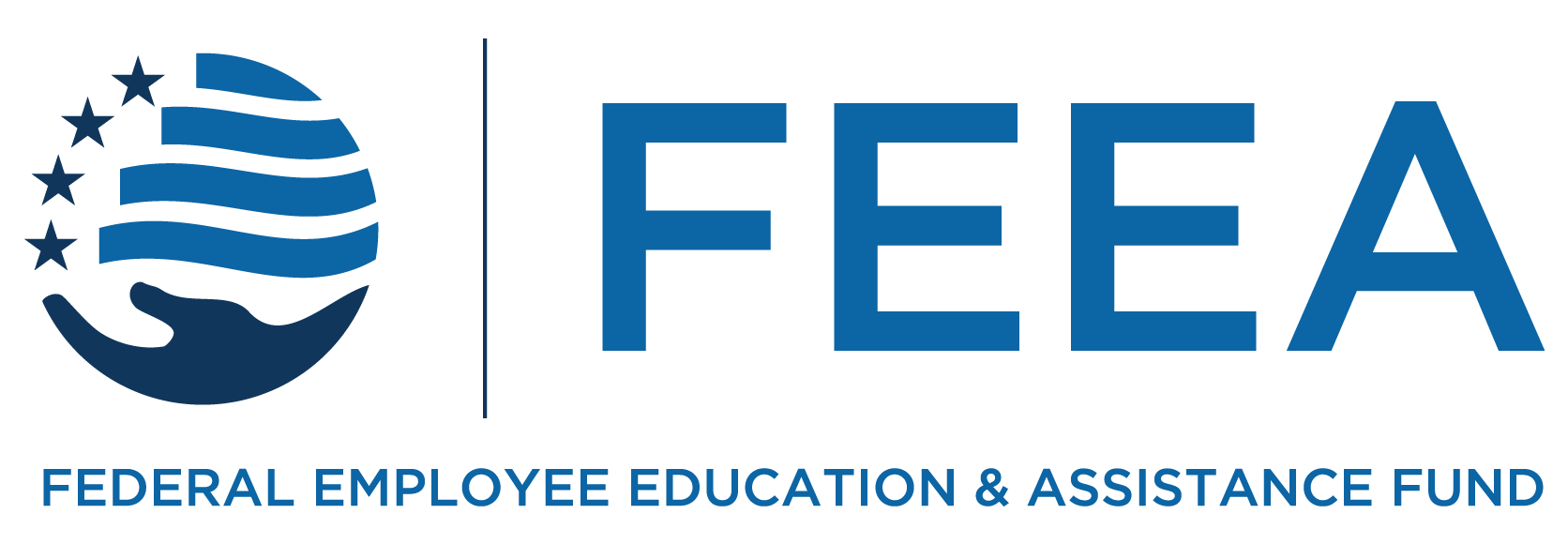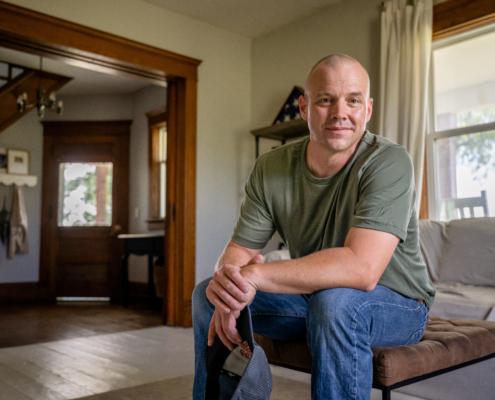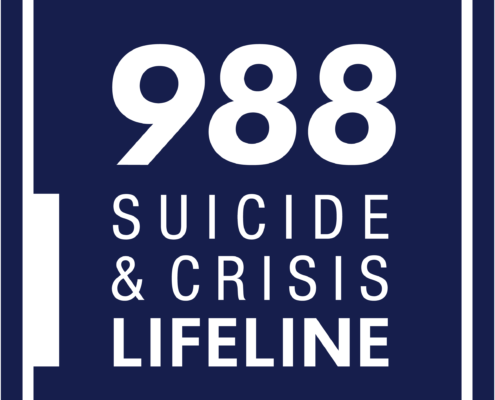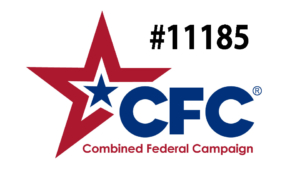Share this entry
Suicide Prevention Month: Fostering Conversations That Can Save Lives

If you or someone you know are in distress and need immediate help, trained counselors at the National Suicide & Crisis Hotline are available to help. Call or text 9-8-8.
From Individual Tragedies to Collective Healing: Charting the Course of Suicide Prevention Month Efforts
September is National Suicide Prevention Month, and as part of our commitment to community well-being, we reached out to Zach Ryan, Executive Director of The SL24 UnLocke the Light Foundation to discuss the vital role we all play in suicide prevention. From understanding the warning signs to knowing how to offer genuine support, this conversation sheds light on the personal impact we can have in someone’s life.
Understanding the Basics
Q: How would you define suicide prevention for someone unfamiliar with the nuances of this issue?
Zach: Suicide prevention is essentially the measures we take as a society, friends, family, teammates, coworkers, and individuals to stop people from ending their lives. “Nuances” is such an essential aspect of this issue and is the reason why I specified so many different groups of people. The factors for an individual struggling with depression, anxiety, and suicidal ideation can be manifold and the influences of all those different people and environments can contribute to prevention efforts and help improve mental health. Each person and their situation is unique, but an empathy that is universal and strives to understand these factors and mental illness is at the foundation of prevention.
Recognizing the Signs
Q: What are some of the most common, yet often overlooked, warning signs that someone might be struggling with suicidal thoughts?
Zach: One overlooked warning sign is someone talking about self-harm or suicide. There are instances where someone talks or posts on social media messaging that communicates despair or directly references suicidal ideation. People in their orbit can be stymied by societal stigma and not ask probing questions or reach out to find out more about how that person is feeling. It can be so direct or seemingly obvious that it can be overlooked.
Changes in behavior can be overlooked as well. There are a couple of reasons for this:
- Transitions in life can exacerbate stress, anxiety, and depression and also necessitate changes in behavior. It can be challenging to decipher if the changes are triggering or part of a career or lifestyle change. It is OK to not be OK and it is also alright to ask someone how they are handling what might be perceived in society as a “normal” lifestyle change.
- Sometimes there can be a sudden positive change in behavior or mood. Nobody wants to “knock someone down” when they seem to be doing well; however, if this represents a very sudden shift, perhaps there is cause for some concern. If you have known someone that has been struggling with their mental health and they have quickly or abruptly “turned a corner” it might be good to ask them some questions about the sudden change. Mental illness is something that is a part of us and cannot just be offloaded. There is hope and it can get better and be managed, but it would be rare for such a complete 180 paradigm shift to occur.
Language Matters
Q: Are there specific phrases or words that people should avoid when talking to someone who's expressing suicidal feelings? What are some phrases that can help?
Zach: Language does matter, but often it is the conversation that isn’t had or the one that is stopped short that we most often talk about in our presentations. There is such a stigma that talking about suicide or asking someone if they need help with suicidal ideation is going to lead someone to self-harm. Nobody wants to be the one who advances those thoughts or plants an idea in someone’s head. The research and our experience with Sean’s House do not support this idea. If someone is talking about suicide with you and you are not a mental health professional. Stay with them. Be a calming presence in that space with them and tell them you are going to be with them while you get help together.
Focus on your empathy, do not say phrases that invalidate what they are feeling like, “Look at everything you have” or “How could you feel this way because you have such a great job and family”. Call or text 9-8-8 and get connected to a mobile crisis team or healthcare provider depending on the assessment.
Initial Response
Q: If someone expresses suicidal thoughts, what's the immediate step we should take?
Zach: Stay with them. Be present and listen. The space can be uncomfortable, awkward, and sad, and can make you as the family member feel inadequate. Creating a safe place for someone to be brave and ask for help takes courage and mindfulness. One of the biggest impediments to a person with suicidal thoughts getting help is that they feel like they are a burden. By listening with empathy and without judgment you are helping them to seek the help they need moving forward.
Long-Term Support
Beyond the immediate response, how can we offer continuous support to someone going through such a tough phase in their life?
Zach: Continuing to be present and destigmatizing professional mental healthcare. Checking in with someone to normalize their wellness journey can be critical. Three years ago, The SL24 UnLocke the Light Foundation created Sean’s House as a 24/7/365 peer support center. Many members of our staff and peers talk openly about their mental health struggles and the support they receive. They are at a point in their life where they can model vulnerability and ask for a shift change or a personal day to see a therapist or counselor. This openness was not always the case for many of us, but we have worked together to be supportive of one another’s mental health journeys.
Stigma and Suicide
Q: How does societal stigma around mental health and suicide impede the process of healing, and how can we break it down in our communities?
Zach: Ending the stigma is the primary goal of our educational programs. It is the undercurrent that limits so many people from getting help and creates an almost invisible hurdle to helping someone you care about who has challenges with their mental health. The stigma can be pervasive and take on different forms based on environment, culture, and family. We believe the answer to the ubiquitous nature of these barriers is to match it with courageous conversations that model vulnerability.
The more opportunities that schools, businesses, politicians, and dinner tables have discussions on feelings the more we break down the stigma that makes it seem abnormal. Normalizing mental health check-ins through policies and procedures should be something akin to the deliberateness with which people take time to care for their physical health.
Role of Sean’s House
Q: Could you tell us about the mission of SL24 UnLocke the Light and how it's making a difference in suicide prevention?
Zach: SL24 UnLocke the Light is in memory of Sean Locke who was a student-athlete on The University of Delaware basketball team and died by suicide five years ago. The stigma I talked about, the masks people wear to hide their depression, the warning signs, all of these things are lessons this community of family and friends learned in a very difficult way. From this loss, however, the people who loved Sean created a threefold mission to keep his light and memory shining here in Delaware.
At SL24 we:
Educate - By sharing Sean’s Story with schools, community groups, professional organizations, and more we can illuminate that mental illness doesn’t discriminate, but there is hope and there is help for how we are feeling.
Support - We have Sean’s House in Newark, DE. The house has trained peer support staff always ready to talk to someone and let them unpack the weight they are carrying. With 20,000 youth visiting us in just three years, we have seen the need to expand our locations with “Sean’s Room’s throughout the state of Delaware. This will provide more Peer Support to youth in different communities.
Assist- Some of the young people who come to our educational presentations or visit Sean’s House or a Sean’s Room need something beyond our peer support. We work with our clinical support staff to connect people who are uninsured or underinsured with professional mental healthcare through our SL24 Mental Health Scholarship.
Education and Awareness
Q: How can individuals educate themselves further on this topic to be more effective allies and support systems?
Zach: My first recommendation is to calibrate your mindset. Are you open-minded and do you treat yourself and others fairly concerning mental health? Do you provide yourself with time to reflect and learn more about how and why you are feeling what you are feeling?
We often prioritize and when we get sick with a cold or injured with a broken arm we would alter our behaviors to allow ourselves to heal. We often do not afford ourselves or others the same time, understanding, and consideration when something in our minds or brains needs healing. The first recommendation is to talk to a mental health professional. They are trained to help guide us and unlock some of the blocks we might have to alleviating stress, handling grief, or navigating a transition or depression.
SL24 also tries to post regularly on social media tips that can interrupt “doom-scrolling” and educate people on their mental health.
For the Supporters
Q: Offering support can sometimes take an emotional toll. How can friends or family members of those struggling seek help or self-care for themselves?
Zach: Again, at SL24 and Sean’s House we try to model this as much as possible. We have clinical support on staff to conduct debriefing sessions with our Peer24 team members. They have some really powerful, productive, and at times heavy conversations with our guests. Our peers also have their own mental health and issues they might be dealing with. This can be a blessing to our mission because it increases a sense of solidarity and allows them to really model asking for help, but there is a danger of absorbing too much pain as a supporter. It is good to unpack those feelings with a professional to ensure both that you are being helpful to a loved one and that you are mentally well yourself as you help others.
A Message of Hope
Q: How would you define suicide prevention for someone unfamiliar with the nuances of this issue?
Zach: Suicide prevention is essentially the measures we take as a society, friends, family, teammates, coworkers, and individuals to stop people from ending their lives. “Nuances” is such an essential aspect of this issue and is the reason why I specified so many different groups of people. The factors for an individual struggling with depression, anxiety, and suicidal ideation can be manifold and the influences of all those different people and environments can contribute to prevention efforts and help improve mental health. Each person and their situation is unique, but an empathy that is universal and strives to understand these factors and mental illness is at the foundation of prevention.
Understanding the Basics
Q: How would you define suicide prevention for someone unfamiliar with the nuances of this issue?
Zach: Suicide prevention is essentially the measures we take as a society, friends, family, teammates, coworkers, and individuals to stop people from ending their lives. “Nuances” is such an essential aspect of this issue and is the reason why I specified so many different groups of people. The factors for an individual struggling with depression, anxiety, and suicidal ideation can be manifold and the influences of all those different people and environments can contribute to prevention efforts and help improve mental health. Each person and their situation is unique, but an empathy that is universal and strives to understand these factors and mental illness is at the foundation of prevention.
As we mark Suicide Prevention Awareness Month, let's remind ourselves that it’s more than okay to talk about our struggles openly. Our simple check-ins with friends and family can sometimes be the lifeline they needed.
If you find yourself in distress or know someone who is, reach out to trained counselors at the National Suicide & Crisis Hotline at any time — call or text 9-8-8.
This month, let's foster a culture where reaching out for help is seen not as a weakness but a strength, a society that values the courage it takes to say, “I need help.” Together, let's create a network of support and understanding, encouraging one another to always #UnlockTheLight.
More from FEEA
Subscribe to FEEA’s Newsletter
The information provided in this piece is for your convenience and informational purposes only and not to be construed as professional advice. FEEA and its coauthors and sponsors are not liable for any losses or damages related to actions or failure to act with regard to the content in this piece.
Would you like to reprint this piece in your agency human resource, federal employee association, or union local newsletter? You can do so at no cost by contacting admin@feea.org with your request.












